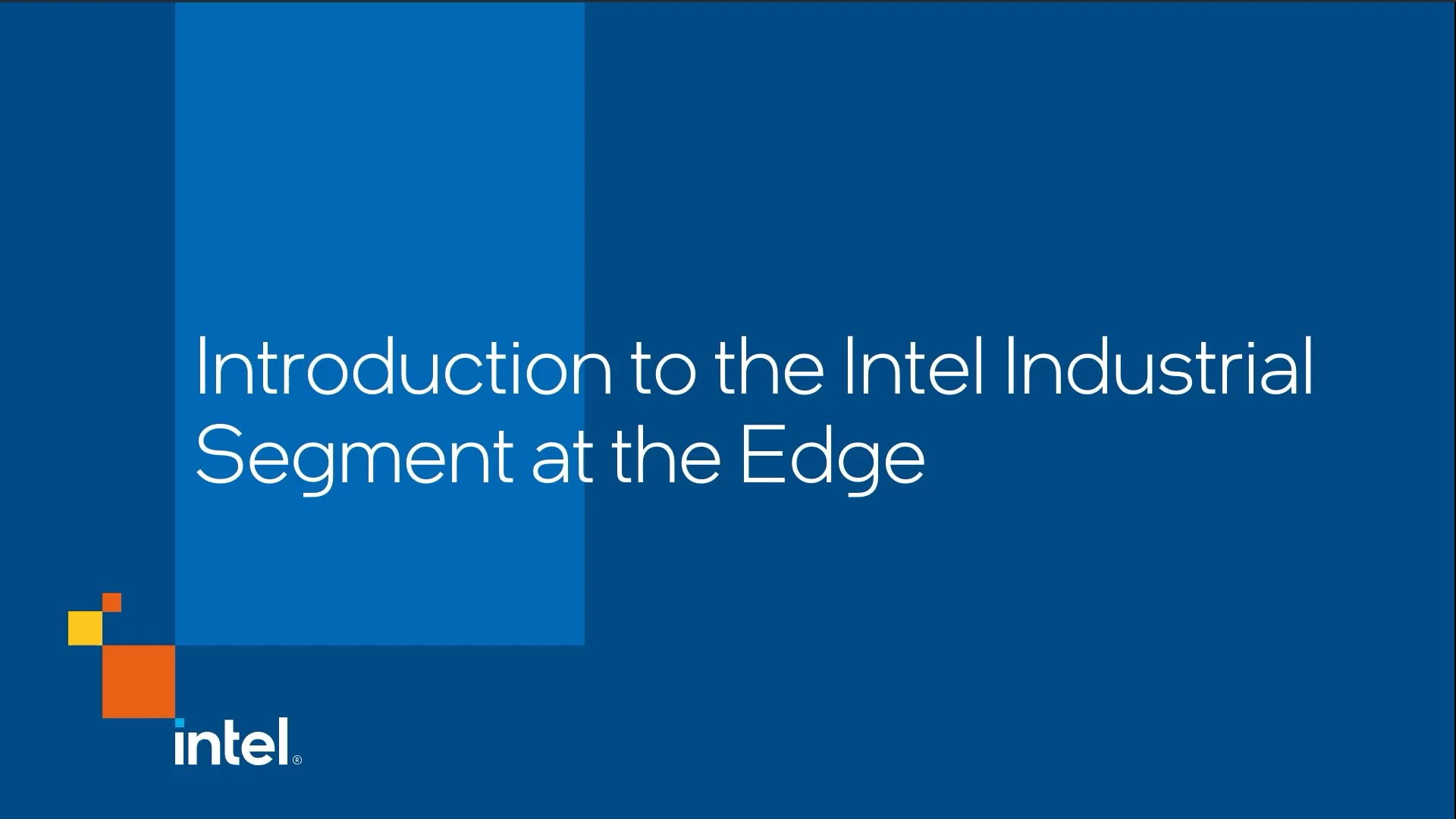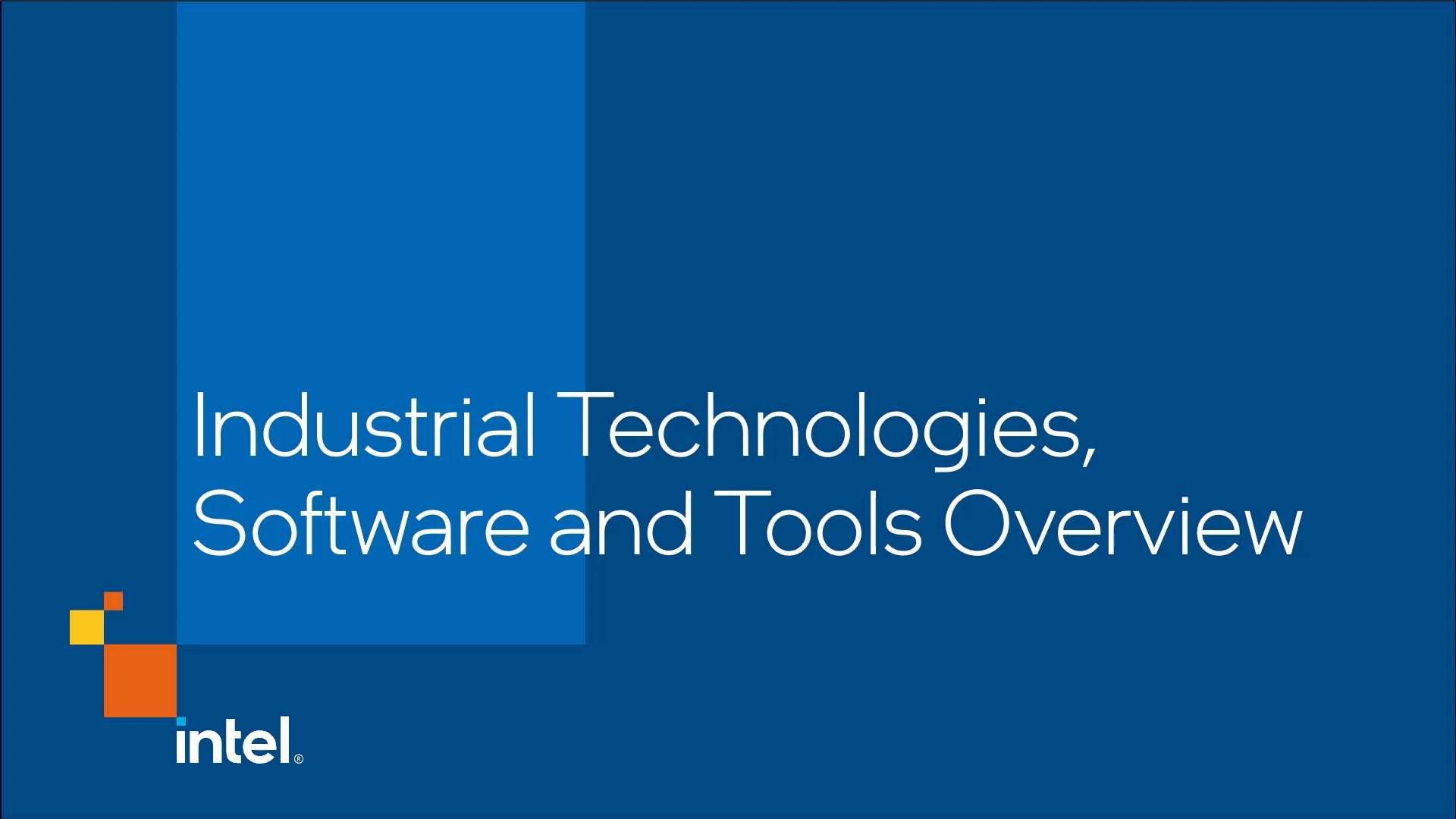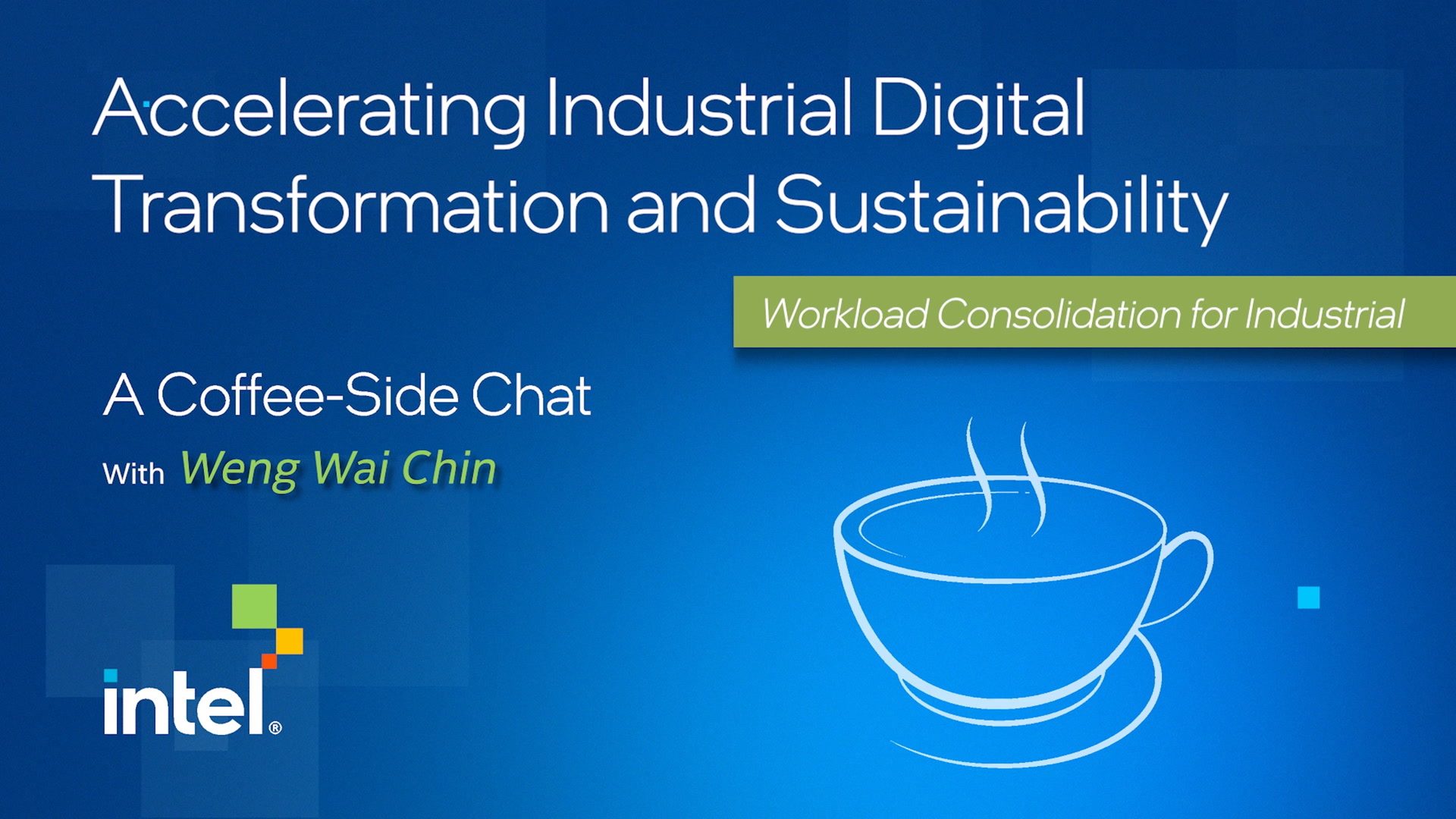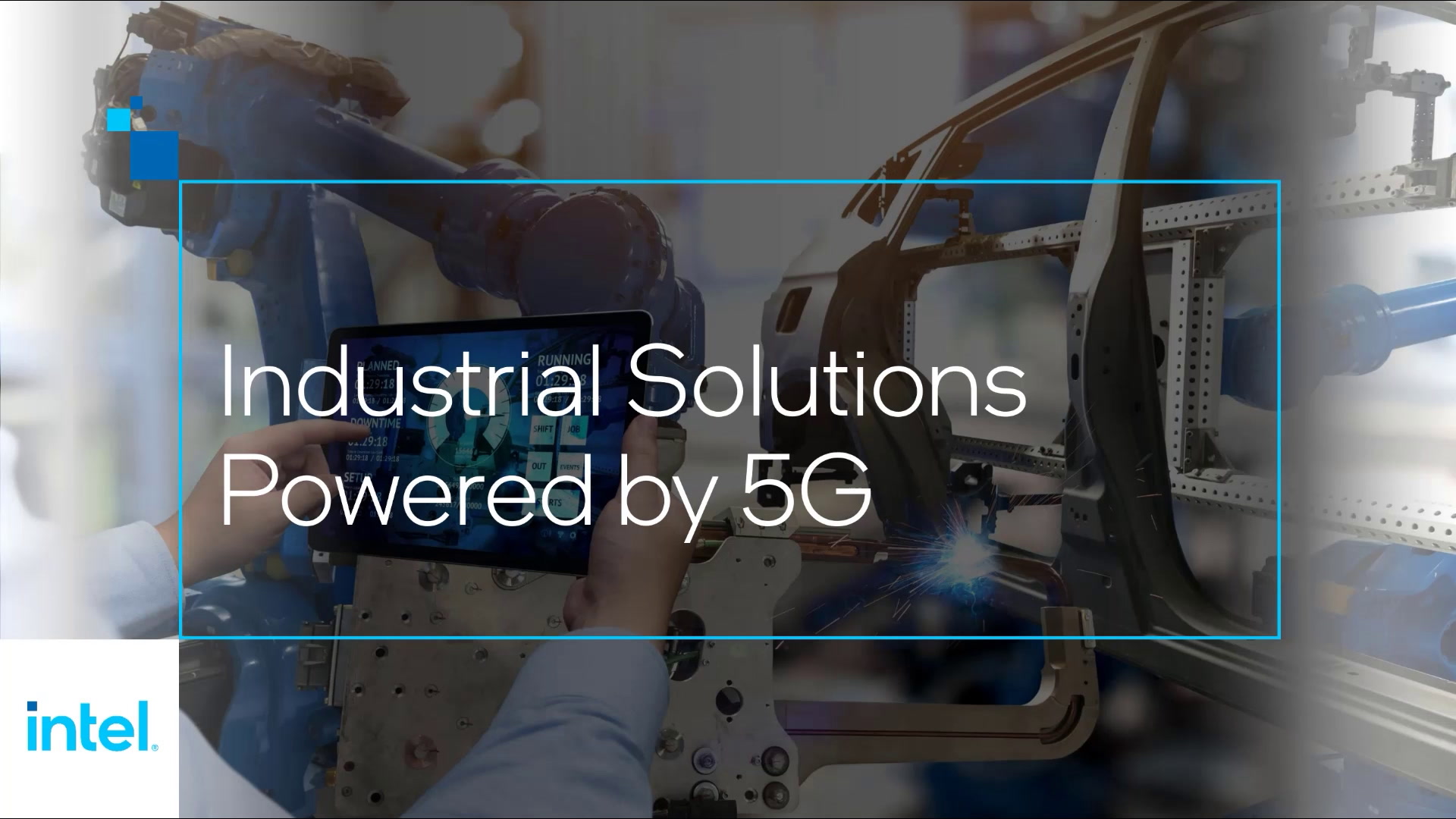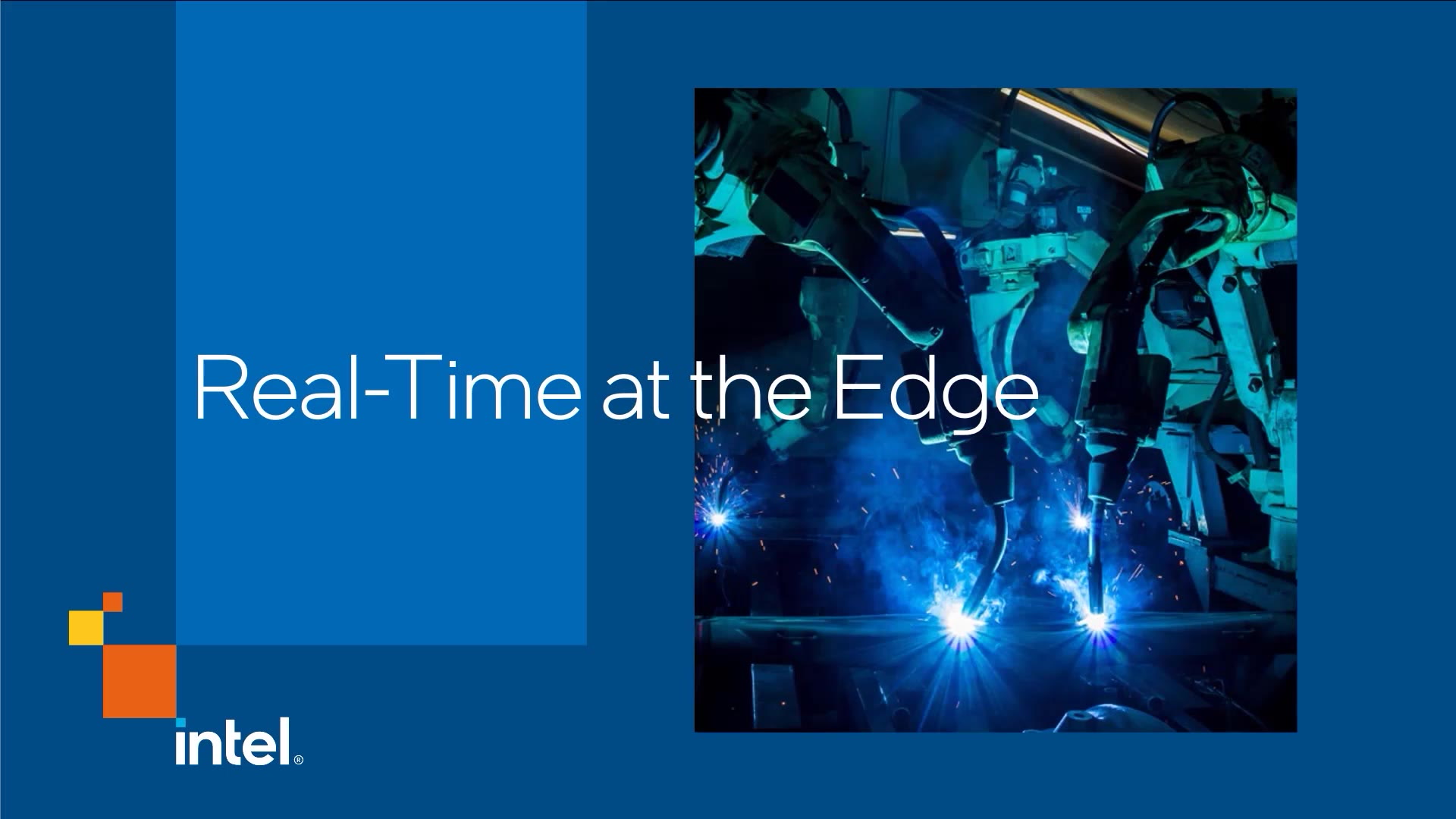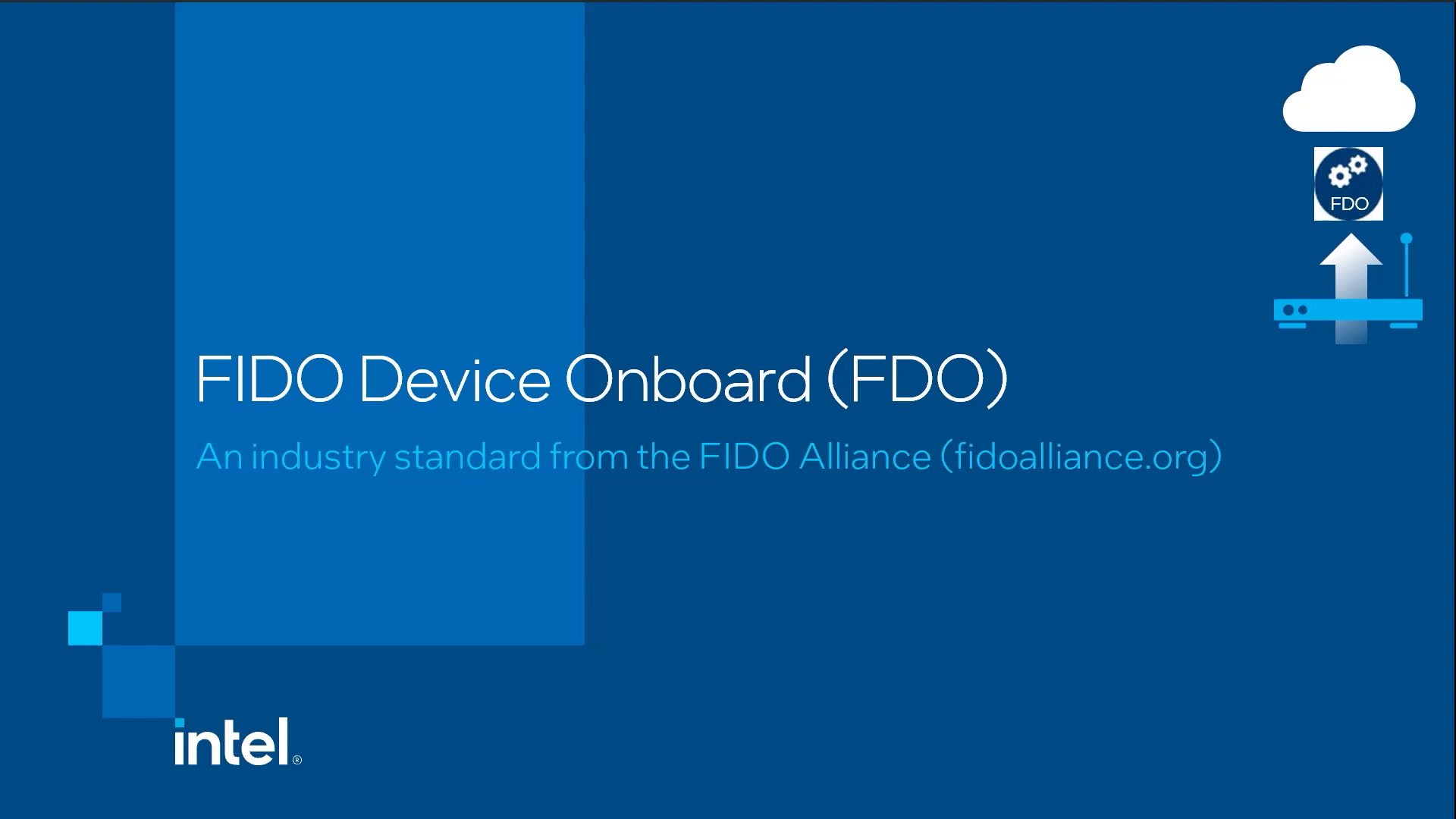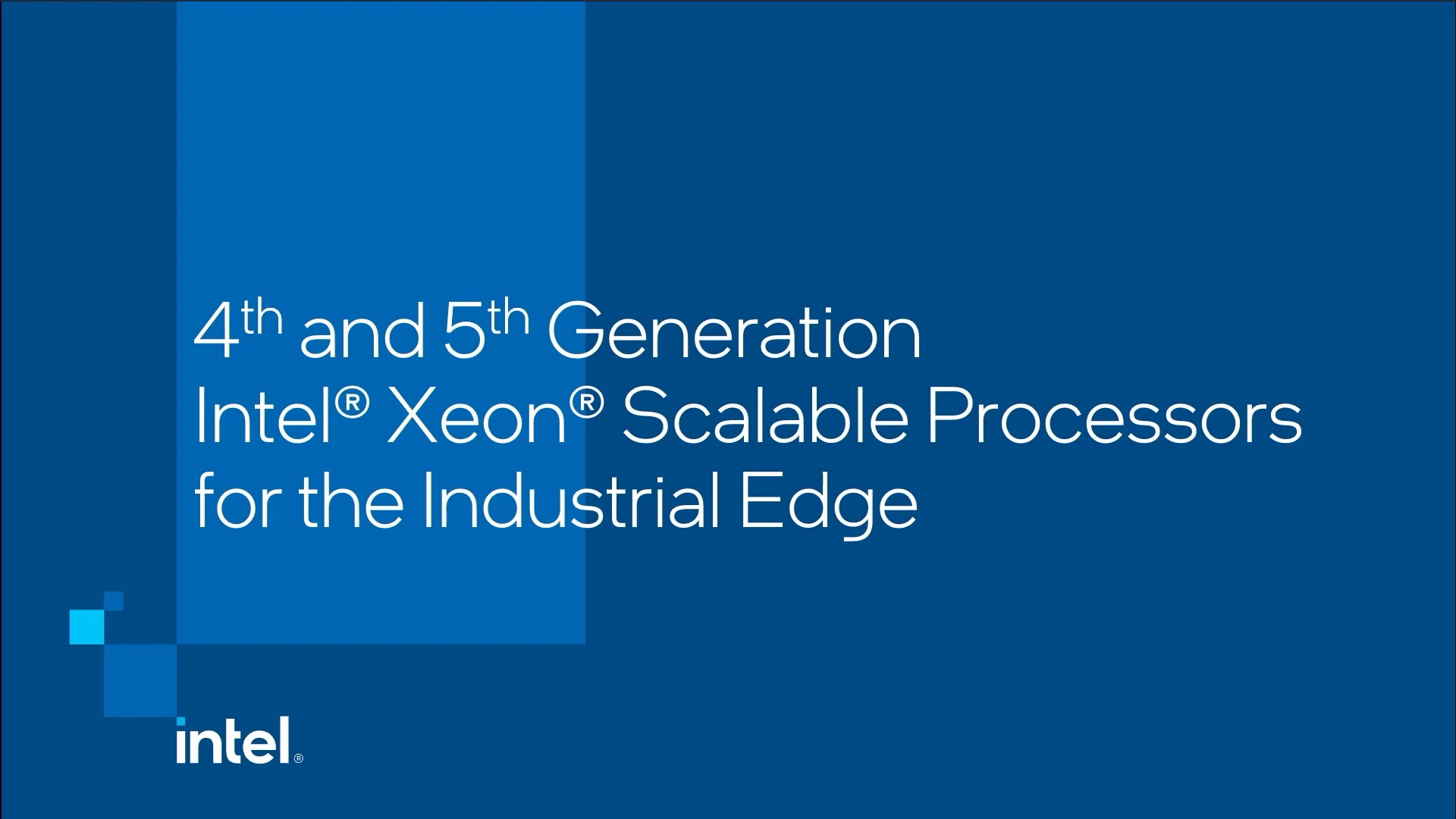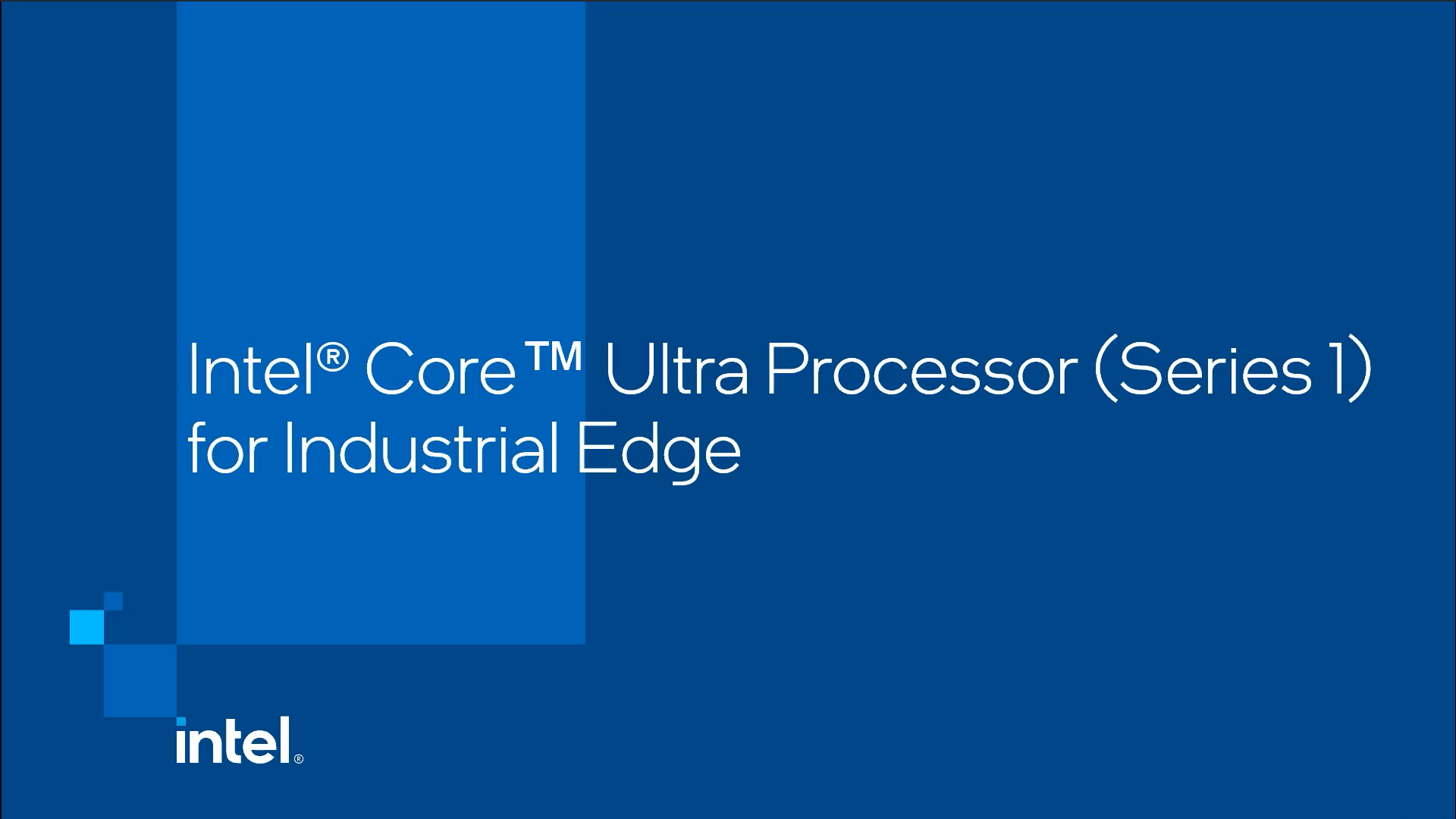Program Overview
Intel Industrial segment covers applications in the Manufacturing, Utilities, Oil & Gas, Smart Buildings and Smart Robotics areas. Industrial organizations across the globe face real challenges, from plant availability to productivity, staffing, resource scarcity, supply chain problems, cyber security, sustainability issues, and beyond. Tackling these challenges requires the power of real-time operational insights, predictive maintenance, and big data to enable new levels of uptime, visibility, efficiency, and productivity. Intel’s Industrial portfolio—including powerful edge compute, leading-edge private 5G technologies, purpose-built Time-Sensitive Networking capabilities, and integrated optimizations for AI at the edge—offers everything you need to evolve your industrial operations to be more connected, transparent, and agile.
11 Courses
Share With
This course provides an overview of Industry 4.0, market trends, and industrial use cases for Intel processors. Discover applications such as defect detection, predictive analytics, and digital twins. Gain insights into AI's role in achieving an autonomous future, transforming manufacturing processes, and addressing challenges. The training emphasizes the potential of Intel processors in various industrial sectors, showcasing their impact on automation, productivity, and efficiency.
This comprehensive training explores Intel® processors, focusing on software compatibility and a 'develop once, deploy everywhere' approach. Delve into real-time technologies, time-coordinated computing, and time-sensitive networking. Gain insights into connectivity, base software, and reference software solutions for Intel Atom®, Intel® Core™ and Intel® Xeon® processors. This course empowers you with the knowledge to accelerate innovation in a software-defined, silicon-enhanced ecosystem, maximizing flexibility and choice. Join us to learn how to build faster, optimize performance with pre-trained models, and embrace a transformative, open ecosystem.
Workload consolidation involves integrating various workloads from multiple subsystems into a single physical system via virtualization technology. This coffee-side chat highlights the benefits of workload consolidation, such as reducing infrastructure complexity and costs, addressing hardware end-of-life issues, and enhancing security. It also emphasizes the role of Intel's silicon and platform, along with ecosystem partners, in enabling and delivering solutions for workload consolidation. Listen to this presentation for an overview of workload consolidation for industrial applications and how it addresses challenges faced by end users. Gain an understanding of the crucial role of Intel's technology and ecosystem partners in providing solutions for workload consolidation implementation, emphasizing the benefits in terms of cost savings, infrastructure simplification, and enhanced security for industrial applications.
In this training, learn about Industry 4.0 and the role of 5G. Explore Industry 4.0's transformative impact on operations, integrating cutting-edge tech like 5G across connected worker scenarios, factory control, automation, and smart assets. Discover Intel's 5G strategy, emphasizing end-to-end solutions for industrial applications as well as platforms and technologies to ease the development and deployment of edge AI solutions.
In this course, we begin with an introduction and motivation for the transformation in industrial automation and the manufacturing industry that brings the IT and OT worlds closer together. We explain the need for Time Coordinated Computing to make this transformation a success and the real-time challenges that need to be resolved to realize corresponding solutions. We discuss Time Sensitive Networking and then take a deep dive into the Intel real-time offering called Intel® Time Coordinated Computing, or Intel® TCC.
FDO, an industry standard from the FIDO Alliance, addresses the crucial challenge of securely installing and maintaining edge devices, offering a game-changing protocol for the industry. FDO benefits distributors, cloud and device management platforms, offering opportunities for value-added services and Just-in-Time provisioning. In this course, we delve into the core of FDO, a standard rooted in Intel's technology and contributed to the FIDO Alliance. Learn how FDO simplifies the onboarding process, providing a plug-and-play concept for device provisioning. Discover how the legacy manual onboarding process is revolutionized into a seamless one-minute operation with FDO. Whether you are a device manufacturer, distributor, or involved in cloud and device management, this course equips you with the knowledge and tools to leverage FDO effectively in the rapidly evolving industrial landscape.
Welcome to the comprehensive training on 4th and 5th-generation Intel® Xeon® Scalable processors designed for the Industrial Edge. This course explores the built-in accelerators enhancing performance efficiency for emerging workloads, particularly AI-powered tasks. Discover advanced security technologies fortifying data protection in evolving threat landscapes. Delve into in-depth discussions on processor features, comparisons between generations, Intel technologies, use cases, and the software portfolio for the industrial segment. Ideal for technical audiences seeking a deep understanding of cutting-edge processor capabilities to drive business insights and industry 4.0 applications.
Explore the cutting-edge Intel® Core™ Ultra processors tailored for Industrial Edge applications. Discover their prowess in accelerating diverse edge workloads spanning artificial intelligence, graphics, and general computing. This course offers a comprehensive insight into the latest processor's features, from silicon specifics to industrial use cases, software support, and resources for deeper understanding. Dive into their Foveros technology-based architecture, hybrid design leveraging P-cores and E-cores, and the unprecedented performance they deliver with advanced graphics, AI capabilities, and I/O options. Witness their impact on revolutionizing industrial applications like vision analytics, predictive maintenance, and control systems. Learn about their broad software ecosystem supporting multiple OS, hypervisors, and developer tools, empowering seamless deployment across various environments. Join us to unlock the potential of Intel® Core™ Ultra processors, shaping the future of industrial technology.
The Intel Atom® X7000 processor series is designed specifically for the demanding world of industrial applications and offer a perfect blend of efficiency, value, and real-time processing power. Learn more about the evolution of these processors across different generations and features such as extended temperature ranges, industrial and communication use conditions, improved compute and AI performance, and real-time computing capabilities. The training emphasizes the diverse industrial applications of these processors, including industrial controllers, robotic controllers, AI processing boxes, industrial PCs, and more, showcasing their versatility and performance enhancements for various use cases. This video was generated with the assistance of AI.
The course on Intel Industrial AI discusses Intel's comprehensive portfolio of hardware and software offerings aimed at revolutionizing the industrial AI space. The training is tailored for various personas, including developers, solution architects, and product managers, helping them understand and leverage Intel's AI tools and platforms to achieve business objectives with scale. Key topics covered include the sense-think-act cycle, the projected growth of AI-related markets, and the benefits of AI in enhancing efficiency, safety, and decision-making in industrial operations.
Learn about the transformation in the power sector over the past decade due to the integration of large-scale renewables and digitization, which necessitates modernizing substation infrastructure. This course examines the benefits of a transition from traditional methods to a new approach utilizing standardized hardware and software-defined infrastructure, minimizing complexity, reducing costs, and enhancing efficiency and flexibility. It also highlights the benefits of this approach for utilities, including increased reliability, safety, security, and reduced operational costs, while accelerating innovation and market deployment in the industry.

